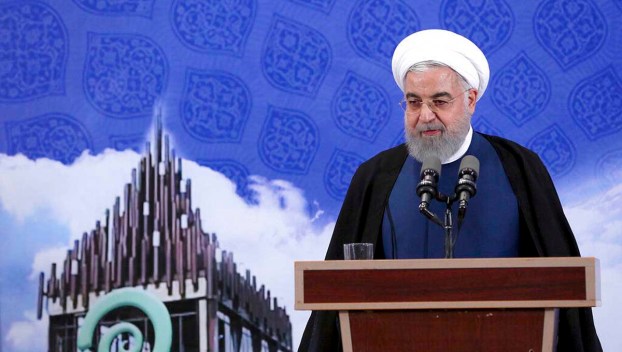
News
Iran to fuel centrifuges in new step away from nuclear deal
TEHRAN, Iran (AP) — Iran will start injecting uranium gas into over a thousand centrifuges at a fortified ... Read more

TEHRAN, Iran (AP) — Iran will start injecting uranium gas into over a thousand centrifuges at a fortified ... Read more